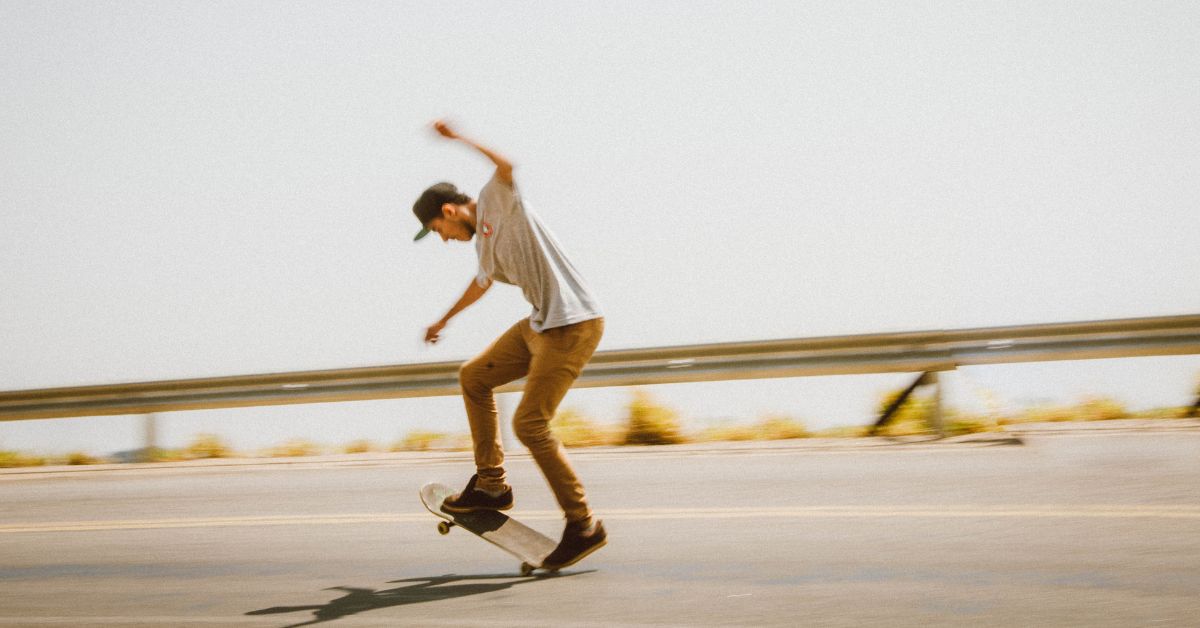Outline
- The 10,000-Hour Myth and the Truth About Short-Term Learning
- Day 1: Choosing the Right Skill—and the Right Reasons
- Day 2–3: The Frustration Curve and the Beginner’s Wall
- Day 4–5: Micro-Wins, Momentum, and Motivation
- Day 6–7: Integration, Play, and Surprising Progress
- What 7 Days Can—and Can’t—Teach You
- FAQs
The 10,000-Hour Myth and the Truth About Short-Term Learning
You’ve probably heard it before: it takes 10,000 hours to master a new skill. But what if you’re not aiming for mastery—just progress? What if, instead of a decade, you gave yourself seven days?
That’s what I did.
Not to become an expert, but to test the edge of possibility: How much can you really learn in a week? What’s the psychology behind rapid skill acquisition? And can focused effort, even in a short time, change how you see yourself?
It wasn’t just about learning a skill. It was about learning how to learn—efficiently, intentionally, and with a spirit of curiosity.
Spoiler: seven days changed more than I expected.
Day 1: Choosing the Right Skill—and the Right Reasons
Most people fail at learning not because they lack discipline, but because they choose the wrong why.
I wanted something unfamiliar but measurable. Something outside my comfort zone. I chose: juggling three balls.
Why?
- It’s physical and visual—progress is obvious.
- It involves timing, rhythm, and coordination (a real cognitive workout).
- I’d never tried it before. Ever.
But the deeper reason was this: I wanted to confront the discomfort of being a beginner.
So I committed to 30–60 minutes a day for 7 days. No excuses. No multitasking. Just focus, frustration, and flow.
Day 2–3: The Frustration Curve and the Beginner’s Wall
The second day was humbling.
I dropped the balls. I cursed the balls. I questioned every life decision that led me to this moment.
This is what learning feels like: messy, awkward, and often discouraging. Your brain is wiring new pathways, and it doesn’t feel graceful. Psychologists call this the “frustration curve”—the early dip in confidence when effort seems to outweigh progress.
The trick is to keep going long enough to notice the shift.
On day 3, something magical happened: I caught 5 throws in a row. Then 7. Then 10.
Not because I got better all at once—but because I stuck with the discomfort long enough for my body to adapt in the background.
Day 4–5: Micro-Wins, Momentum, and Motivation
These were the breakthrough days.
I started looking forward to practice. My brain began to predict the arc of each toss. I was no longer thinking—I was responding.
This is the sweet spot of learning: the shift from conscious clumsiness to subconscious flow.
And here’s the psychology kicker—small wins drive motivation. Each time I succeeded, dopamine fired, reinforcing the behavior. I started stacking minutes, sessions, repetitions—fueled not by willpower, but by curiosity.
Whatever skill you choose, break it down. Celebrate micro-wins. Turn repetition into rhythm. That’s how learning becomes a game.
Day 6–7: Integration, Play, and Surprising Progress
By day 6, I could juggle for nearly 30 seconds without dropping. It wasn’t perfect, but it felt effortless. I experimented with different heights, speeds, rhythms. I played.
That’s key: once the basics settle in, your brain wants variation and novelty. This deepens the neural pathways. It turns memory into embodied intelligence.
And by day 7, the skill no longer felt foreign. It wasn’t fully mastered—but it was mine.
That shift—from external instruction to internal ownership—is the essence of learning.
What 7 Days Can—and Can’t—Teach You
So… can you learn a new skill in 7 days?
Yes. But it depends on what you mean by “learn.”
You can’t master a language. You won’t become a concert pianist. But you can break through the hardest part—the beginning. You can build foundations, shift identity, and prove to yourself that progress is possible.
You learn that discomfort is a signal, not a stop sign.
That learning is less about talent and more about time, tension, and trust.
And that sometimes, just starting is the bravest, most transformational thing you can do.
Because if you can learn one new skill in 7 days, imagine what you could become in 70.
FAQs
What kind of skills work best for a 7-day challenge?
Choose something small and specific with clear feedback—like drawing, juggling, touch typing, cooking a new cuisine, or learning basic chords on an instrument.
How much time do I need per day?
30–60 minutes of focused, undistracted practice is enough. The key is consistency, not marathon sessions.
What if I don’t see progress?
Expect frustration early. Learning curves often have a dip before a rise. Track your efforts, not just your outcomes—and remember: even invisible growth is still growth.









